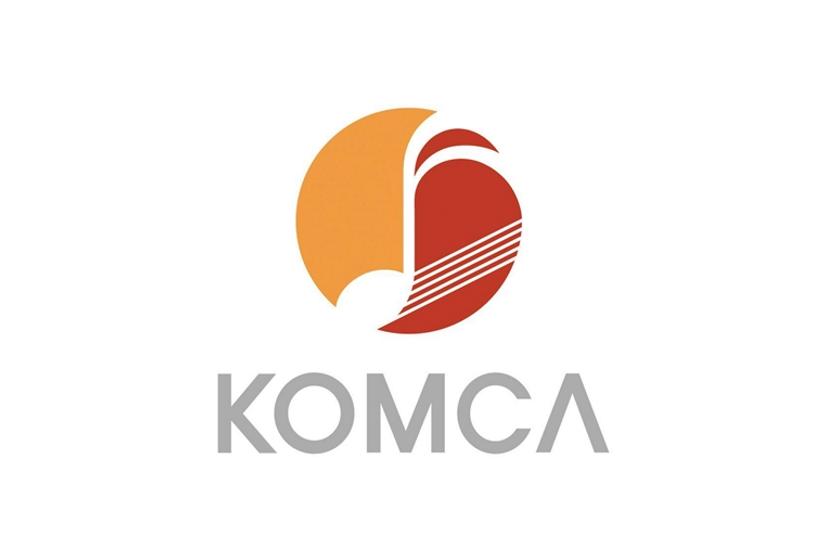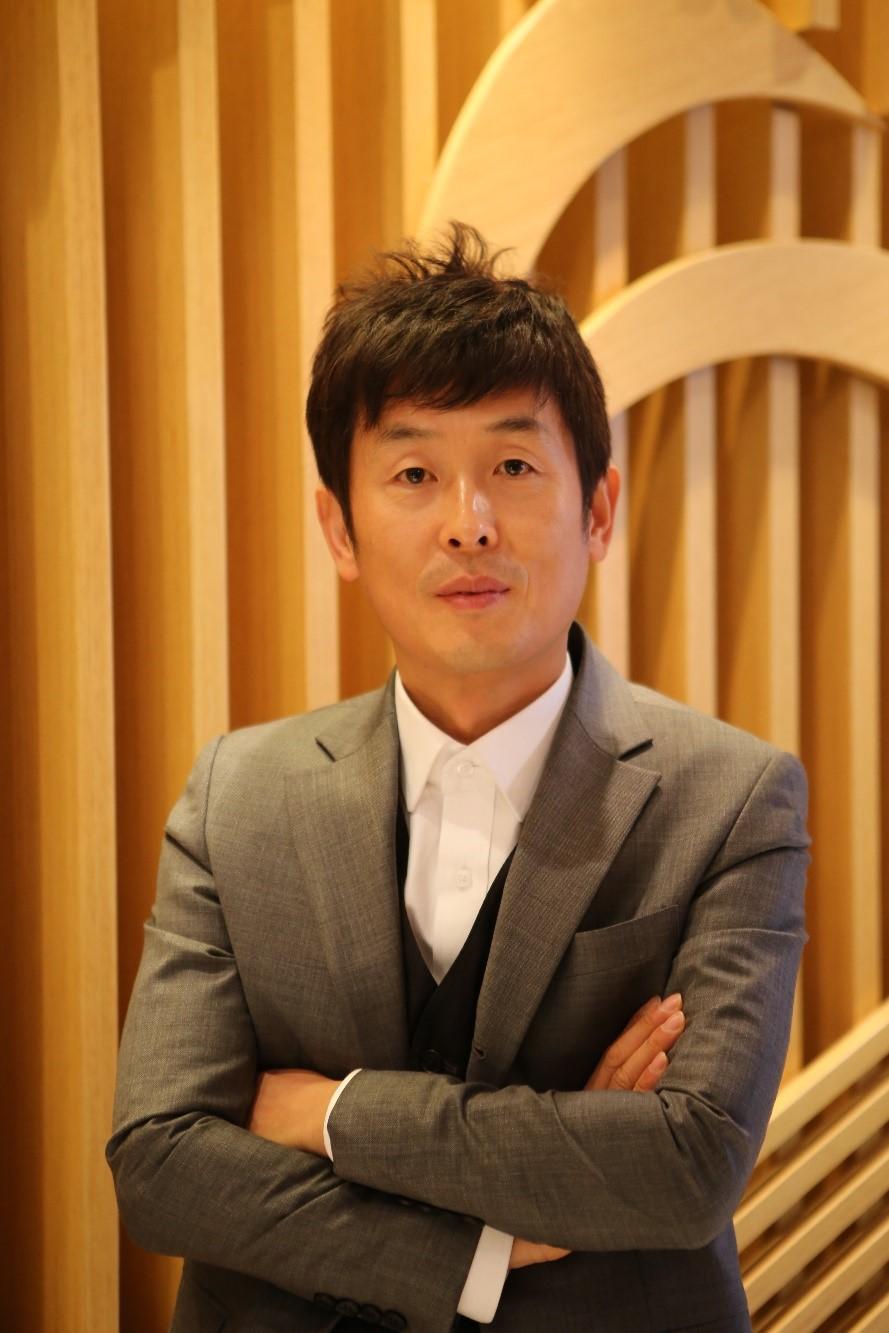KOMCA Wins Lawsuit Against Hi-Mart (Lotte) Regarding Copyright Infringement by Playing Music Illegally In-store

On August 24th, the Supreme Court of Korea decided a key verdict on the regulation of collecting copyright royalties in Korea. KOMCA won the lawsuit against ‘Lotte Hi-Mart’, the largest electronics store in Korea, regarding not paying royalties even though the retailer played music in the store.
The lawsuit started in 2012 by KOMCA suing ‘Lotte Hi-Mart’ for damages over claims of infringement of performing rights due to unauthorized use of in-store music.
Judiciary procedure in Korea is a ‘Third Trial System’. Hi-Mart won the first trial case of which the court decided that no proper regulation is available to enable KOMCA to conduct public performance collection. However, the second trial reversed the decision with a verdict that playing music without permission is an infringement of copyright. The third trial confirmed the result of the second trial, resolving a long legal conflict as to whether playing music without permission in the store for 5 years is an infringement of performing rights.
There are 2 key issues in this case which are summarized below:
1. In the absence of a provision in the copyright royalty collection regulation to support the collection of public performance royalty from shops smaller than 3,000 m2, whether the performance of music in such store is considered as an infringement.
According to copyright royalty collection regulation that was approved by the Minister of Culture, Sports and Tourism (MCST) based on Article 105 of Copyright Act of Korea, KOMCA is able to collect royalty from premises for playing music. Under KOMCA’s collection regulation, however, no relevant provision enables KOMCA’s collection of performing rights royalties from stores less than 3000m2.
Regarding this issue, the Supreme Court of Korea commented that, “With respect to the legislative intent of Copyright Act, which aims to improve cultural industries, and the wording of Copyright Act, it is not wrong to sue for damage due to infringement of copyright (infringement of performing right) even if there is no proper tariff or price in the collective regulation which have approved”. The Supreme Court also agreed that KOMCA’s claim was reasonable.
2. Whether or not Lotte Hi-Mart plays “phonogram for sales” so that it enjoys the exemption of not paying public performance royalty under Copyright Act of Korea Article 29, paragraph 2.
Article 29, paragraph 2 states that ‘It shall be permissible to perform to the public by playing “phonogram for sales” …if no benefit in return for the relevant public performance is received from audience or spectators: Provided, That the same shall not apply to the cases as prescribed by Presidential Decree’. The main question for this issue was whether the music that Lotte Hi-mart played in-store through a ‘music service provider’ is considered a “phonogram for sales” or not.
For this issue, the Supreme Court of Korea stated that “Copyright Act Article 29, paragraph 2 does not states its requirement to be ‘non-profit’ for no benefit, which may cause damage the right holder’s legitimate interest. Therefore, the regulation of allowing the work to be used for free must be narrowly interpreted and ‘phonogram for sales’ must be interpreted as it has to have the purpose to sell in the market”.
As a result of this case, KOMCA is now able to ask for royalties from all similar stores that are smaller than 3000m2 that plays music by webcasts or transfers which is not ‘phonogram for sales’.
Unfortunately, KOMCA can only claim royalties for ‘past’ infringement of performing rights. On March 23rd, 2016, Article 29, paragraph 2 was amended so that “phonogram for sales” was replaced by “phonogram for commercial use”. As a result of the amendment, the scope of the exception is further broadened. This amendment will be enforceable from September 23rd, 2016.

Mr. Yoon Myung Sun, President of KOMCA, said
The verdict of lawsuit against Hi-Mart is very important event which drew a great line in protecting the rights of copyright holders and a foothold to hugely affect increasing performing right royalties. We welcome this verdict. However, the word amended to “phonogram for commercial use” in the Copyright Act of Korea has a vague meaning and has the possibility to broaden the public performance limitation. We are expecting other societies to keep eyes on KOMCA and the cases it is facing and to help, which we hope, in fully protecting authors’ rights by the Copyright Act of Korea”.
